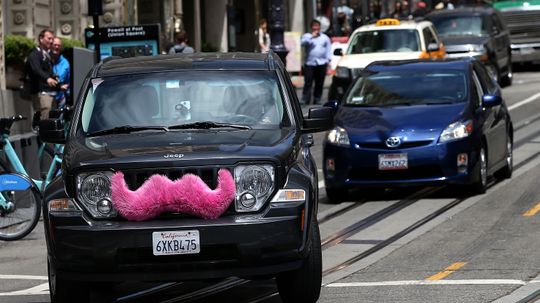Imagine a world where resources are shared, communities thrive, and sustainability is at the forefront. This is the essence of the sharing economy, a concept that has gained momentum in recent years. Instead of owning everything individually, people are now embracing the idea of sharing goods and services with others. It’s not just about saving money; it’s about building connections and creating a more empathetic society.
A Shift Towards Collaboration
In this fast-paced world we live in, it’s easy to get caught up in consumerism and material possessions. However, the sharing economy challenges this mindset by promoting collaboration over competition. By sharing resources such as cars, homes, or even skills through platforms like Airbnb or Uber, individuals can make better use of what they already have while reducing waste.
This shift towards collaboration also extends beyond tangible assets. People are now utilizing their talents and expertise to offer services on platforms like TaskRabbit or Fiverr. Whether it’s graphic design or handyman work, these platforms allow individuals to monetize their skills while providing valuable assistance to those who need it.
Fostering Stronger Communities
One remarkable aspect of the sharing economy is its ability to bring people together within communities. Through peer-to-peer lending platforms like Zopa or Prosper, individuals can borrow money directly from other members instead of relying on traditional banks. This not only creates financial opportunities for borrowers but also fosters trust and connection between lenders and borrowers.
Furthermore, community gardens have become increasingly popular as part of the sharing economy movement. These spaces provide an opportunity for neighbors to come together and grow fresh produce collectively while promoting sustainable living practices.
Promoting Environmental Sustainability
The environmental benefits associated with the sharing economy cannot be overlooked. By sharing resources, we reduce the need for excessive production and consumption, leading to a decrease in waste and carbon emissions. Car-sharing platforms like Zipcar or carpooling services help alleviate traffic congestion and reduce air pollution.
Additionally, initiatives such as clothing swaps or second-hand marketplaces encourage people to buy pre-loved items instead of contributing to the fast fashion industry’s harmful environmental impact. This not only reduces waste but also promotes conscious consumerism.
A Bright Future Ahead
The rise of the sharing economy signifies a shift towards a more sustainable and connected world. As individuals embrace collaboration over ownership, communities are strengthened, resources are optimized, and our planet benefits from reduced environmental impact. While challenges remain in terms of regulation and trust-building within these platforms, it is clear that this new way of living has the potential to shape a brighter future for all.

